2016 brings the launch of entrepreneurship centre “Sheraa” based in Sharjah, complete with royal inauguration.
In an increasingly competitive commercial world, most countries are recognizing that to ensure a successful economic future they must invest in companies and the people creating them. Hence, it was with pride that the emirate of Sharjah welcomed His Highness Shaikh Dr Sultan Bin Muhammad Al Qasimi, Member of the Supreme Council and Ruler of Sharjah, to attend the official launch of the Sheraa, the Sharjah Entrepreneurship Centre.
On the 17th of January, 2016, an official ceremony took place inaugurating the opening of the center at the American University of Sharjah. An initiative of Sharjah Investment and Development Authority (Shurooq), it aims to encourage and support aspiring entrepreneurs. Simultaneously it hopes to boost the profile of the emirate, as an innovative and sought after place to start an enterprise.
“Here at Sharjah, we are witnessing the birth of a new initiative for the future of the nation,” explained HE Marwan bin Jassim Al Sarkal, CEO of Shurooq.
Why Sharjah?
A long standing hub for commerce, the emirate of Sharjah is the third largest in the United Arab Emirates, estimated to have a population of around one million. Its long history, dating back 6,000 years, is steeped in trading, fishing and pearling. Now Sharjah’s main trade is crude oil and gas, while the economy benefits from a variety of means such as tourism, education and logistics.

Sharjah
Nestling so close that it is regarded as a suburb of Dubai, this bustling country is one of the wealthiest in the UAE, and represents 48% of the UAE’s total Industrial Sector. Its geographical location is also ideal for trade and commerce with Europe, Africa and Asia.
Also known as the “rising sun,” the emirate is becoming well known for its emerging business talent and support of. Acknowledging the role enterprise has had on advancing many other countries, HE Marwan Bin Jassim Al Sarkal expressed his hopes for the UAE. “According to the Entrepreneurship and Development Institute, UAE occupied first place in supporting entrepreneurship and we strive to achieve first place internationally in this sector,” he said. It is in this spirit, to support and nurture, that Sheraa has been conceived.
About the University
Set up as a facility to not only educate but also as an investment in the future of Sharjah, the overall goal is to make a difference, to improve the prosperity of the economy and to develop its society. Highlighting this ambition during the opening ceremony Sheikha Bodour Bint Sultan Al Qassimi, Chairperson of Shurooq, confided that the investment in Sheraa, “reflects our complete belief in the ability of our youth to make a difference and positively contribute in the enhancement of our economy and development of our society,” she said.
So what can a young student of Sheraa expect from the course to help lead them in this positive direction? With an emphasis on innovation, creativity and development, encouragement will be given to explore ideas. Meanwhile students are to be directed in how to apply their visionary concepts in the business world, practical knowledge of the working business climate will be taught as well as assistance given to find the right business path within the emirate. The hope is that students will be inclined to remain in Sharjah, with the incentive of possible help to jump-start their projects from established entrepreneurs within the UAE.
Future
Recognizing the current trend of the business world and how to move forward positively into the future, Sheraa is clear in its aim: to produce creative and innovative business men and women. The university will run cutting edge programs, adapting to the ever changing business climate.
As fast as technology progresses so too does business and it is with this in mind that Sharjah wants to ensure they are forerunners in the field. Already renowned for trade, culture and fossil fuels, the emirate is looking to carve a new niche for itself. To enter onto the global market as a key player will not only ensure other countries are unable to monopolize on the sector but in addition, that foreign businesses will not move in and corner the market. Sheraa is just a step towards ensuring continuing prosperity for the Emirate of Sharjah and the young men and women of the future.

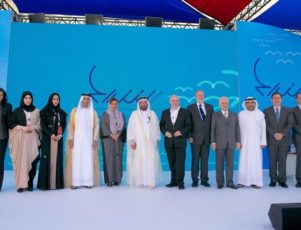
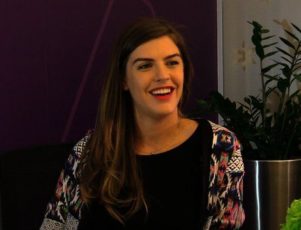

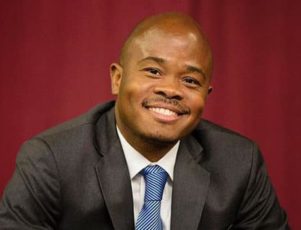
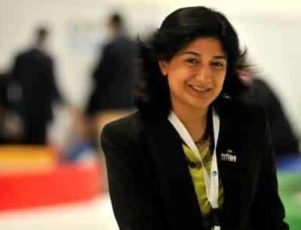
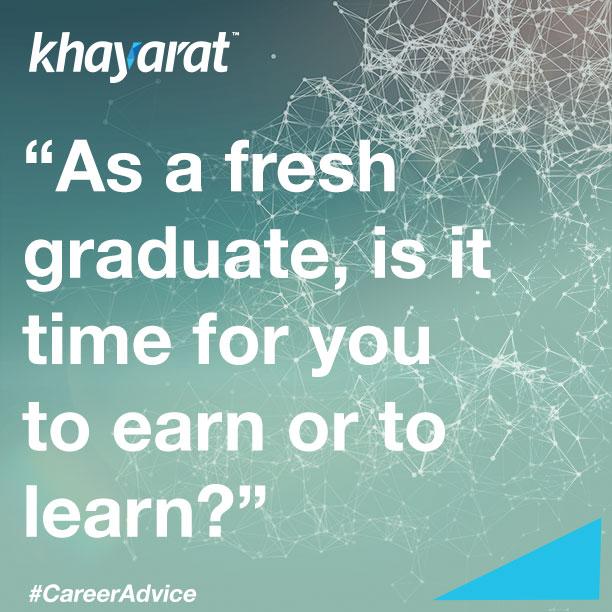
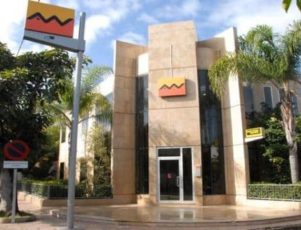

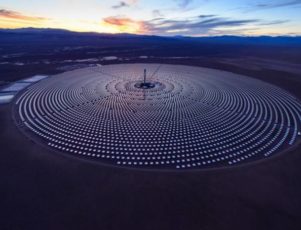
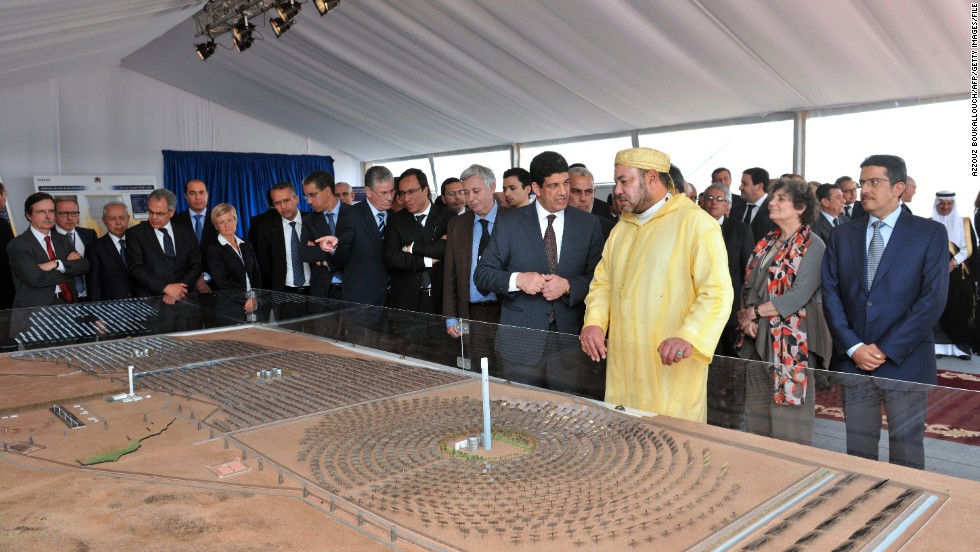 On Thursday 4th February, 2016 the plant welcomed royal guest King Mohammed VI to inaugurate the countries first ever solar power plant. The ceremony was attended by the head of government, members of the government and foreign officials, including French Environment Minister Ségolène Royal
On Thursday 4th February, 2016 the plant welcomed royal guest King Mohammed VI to inaugurate the countries first ever solar power plant. The ceremony was attended by the head of government, members of the government and foreign officials, including French Environment Minister Ségolène Royal 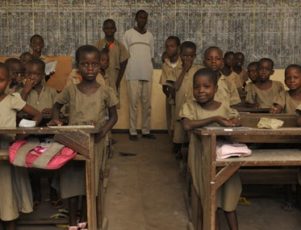
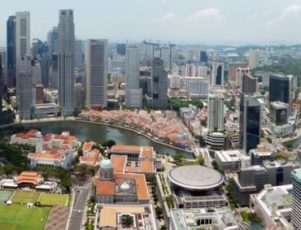
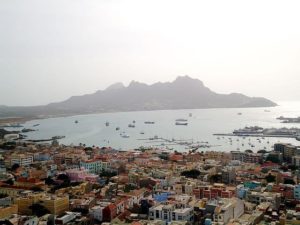
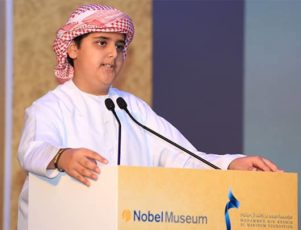

 Coface said weak oil and gas prices would continue to slow the Algerian economy.
Coface said weak oil and gas prices would continue to slow the Algerian economy.